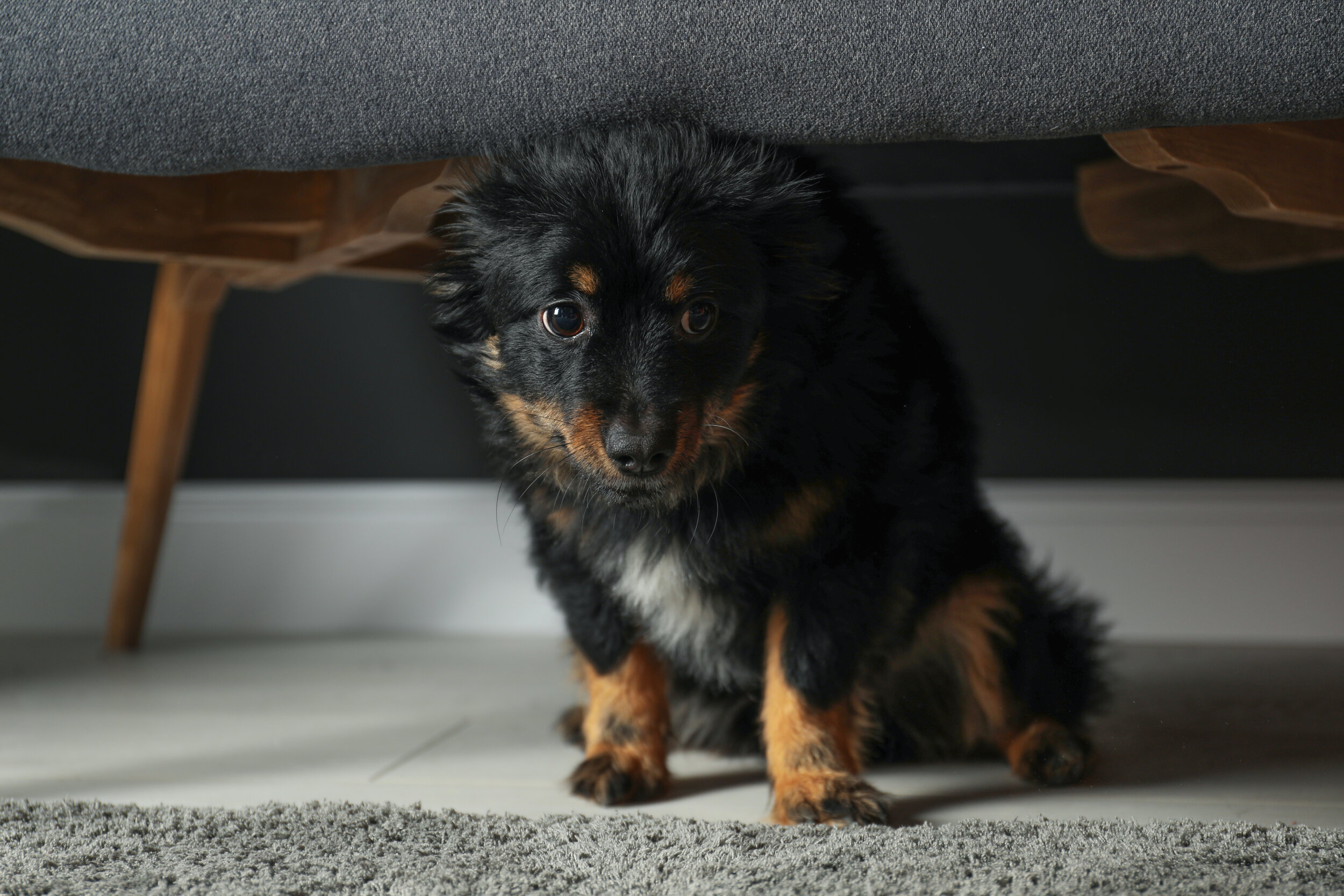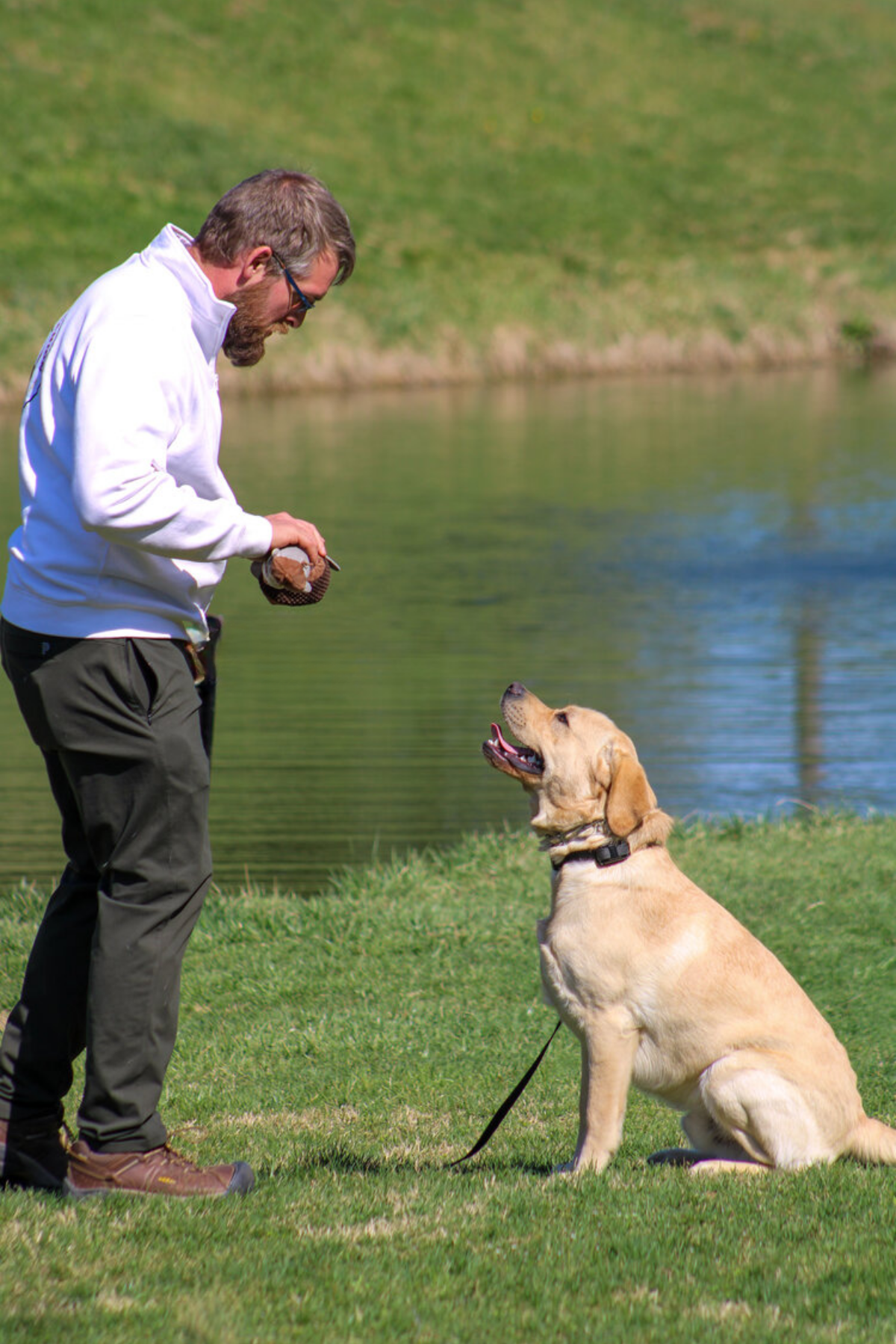How to Help My Dog Overcome Anxiety
Your dog doesn’t have to be anxious
Your dog doesn’t have to spend their lives worried about things in your home, in their environment, in their crate, etc. I wouldn’t want to spend my life in a recurring state of fear, and I don’t want that for your pup either! And where sometimes medication is important in treating anxiety, most of the dogs I work with find it unnecessary after training! We can do this! But it would require some changes.
For more advice on crate training your anxious dog, check out my blog here.
Where anxiety comes from
Anxiety usually comes from a combination of several things. The first is genetics. Some dogs are predisposed to be more anxious through poor breeding. We can’t change this, but we can help in spite of it.
The second is uncertainty of how to be who they are. If centuries of selective breeding have taught your dog to chase things or herd things and they don’t have a healthy outlet to do that, they’ll be quite anxious. If centuries of genetic manipulation have made your dog feel very compelled to guard things of fight things and no one shows them where that’s appropriate, they will definitely be anxious. Imagine being prevented from something you feel compelled to do and then multiply that feeling by 100 since dogs we have exaggerated these genetics through artificial selection.
The third is an unhealthy relationship at home. Tens of thousands of years of natural selection coupled with hundreds of years of artificial selection have produced submissive genetics in your dog. These are the genetics that worked best alongside of us and the genetics we exaggerated when we started controlling the breeding. The labrador brings the duck back to his master and the collie herds the sheep back to his master. These are submissive traits, just as the physical traits of floppy ears and fluffy fur. However, if we do things that tell a dog they are in the leadership role and responsible for their own safety, this can make them quite nervous. It’s important for them to know we are in charge and we will take care of them.
How to calm an anxious dog: change your relationship
For the vast majority of dogs with anxiety, the main issues are helping them learn to be who they are and gaining an understanding of a relationship with you where they know you’re going to protect them. Anxious and scared dog behavior could be anything from
shaking,
running away,
growling, barking,
clinging to you,
biting, or
any behavior with an intent to protect themselves.
The remedy for this is a change in the relationship through play and offering them this fulfilling interaction as well as structure to help them learn you have everything under control. Your dog needs to understand that you are in control and you will look out for them, so they don’t have to look out for themselves.
Fearful dog rehabilitation: how do we give your dog confidence?
Firstly, by playing. Build their confidence through play. Show them how to be somebody through play. Consistently play with your dog in a way where they win and feel like they’re good at it. Turning play into structured games is an even better way to do this and we will certainly go over that in training. Learn more about play here:
https://www.thetrustedcompanion.com/thetrustedcompanionblog/play-why-its-important-and-how-to-do-it
Additionally, adding in more structures and separation actually helps your dog begin down the path of trusting you to handle the things that scare them the most. We can do this through training. Every time you give your dog a command, and they don’t listen to you (especially in the situations that scare them), you tell them that what they do or don’t do is the only thing that matters and keeps them safe. They learn listening to you doesn’t keep them safe. So training and being able to communicate with your dog when they are scared, asking them to listen to you to show them that works out dramatically helps change this relationship. And then, we can use the games we’ve created and the commands your pup learns to fine-tune their confidence building and your communication together to help them in those anxious situations. It can be done!














